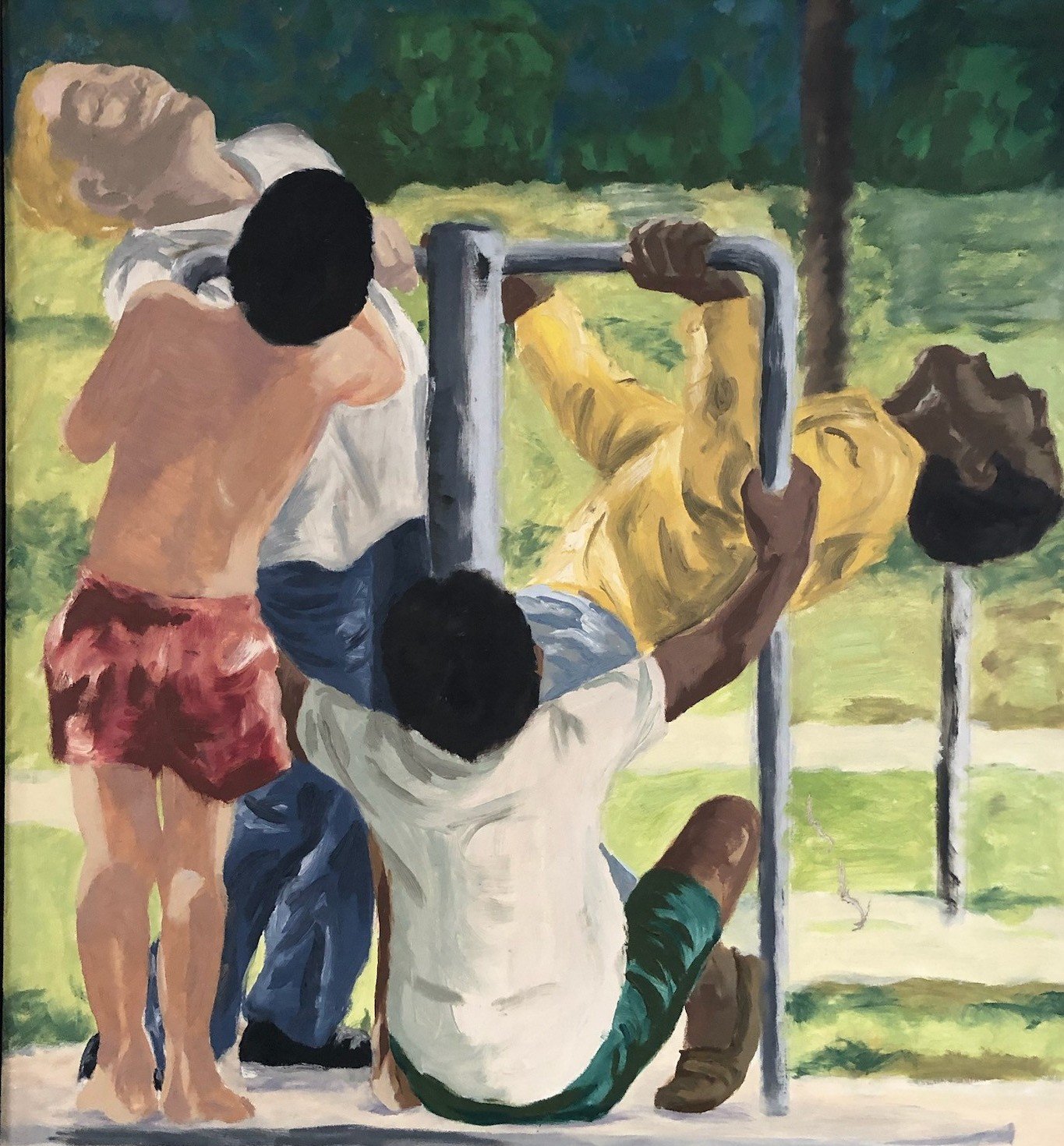Personal Support
Personal support services relate to outcomes identified in the person’s support plan when teaching and training is not necessary to achieve these outcomes, and it is the least costly assistance to reasonably meet the person’s needs. Covered services include supervision, support or assistance with:
Activities of daily living (ADLs)
Accessing community services
Developing meaningful connections with community members
Establishing new relationships and nurturing existing ones
Participating in community activities of the person’s choosing.
Services provided one-on-one with the person outside of his/her home must be provided in integrated community settings that enable the person to interact with people with and without disabilities to the fullest extent possible.
Personal support is provided in the person’s home or in community settings typically used by the general public.
If a person lives in a residential setting (provider-controlled settings such as foster care or a community residential setting), he/she can receive personal support in community settings outside the home. In this situation:
The residential provider and personal support provider must be different
The person cannot receive personal support in the residential setting
The lead agency must ensure there is no duplication of services.
